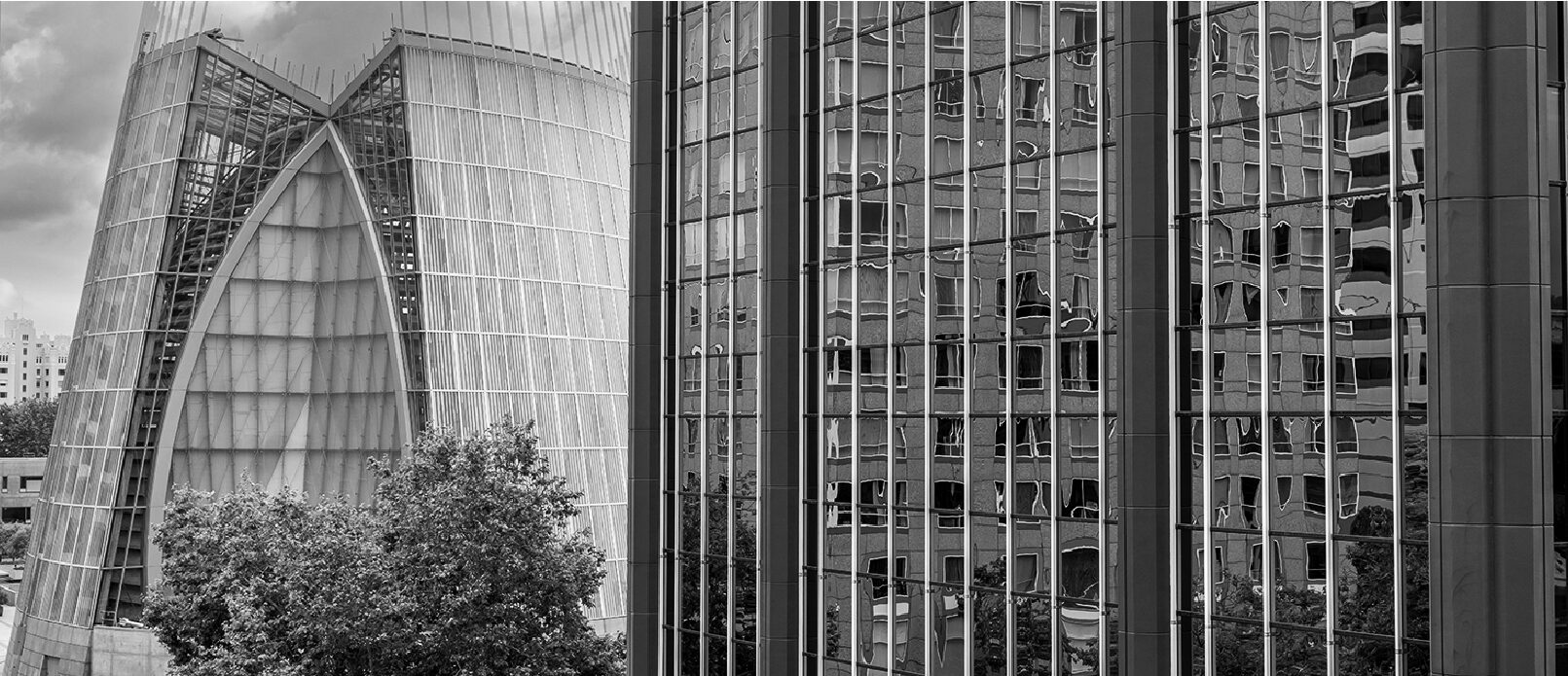
Why Ford Family Law?
Once the Court makes a final determination, custody orders may be modified only upon showing a substantial change in circumstance. This will place the burden of modifying the custody order on the parent who does not receive physical custody because that parent will have to prove a substantial change in circumstance to change the order. As a result, it is extremely important that you have an expert like those at Ford Family Law to present your most powerful, persuasive case to the Court.

DISCLAIMER: Contacting Ford Family Law, PC (“the Firm”), or any of our attorneys through our website does not create an attorney-client relationship between you and the Firm. You become a client of the Firm when (1) the Firm investigates for possible conflicts of interest that would prevent us from representing you, and (2) you sign a written engagement agreement that details the scope of the Firm’s engagement, the fee the Firm will charge, and other relevant matters. Normally, this process takes several days. Therefore, if your matter is urgent, you should not wait for our response to your inquiry. You should instead promptly find and engage another lawyer or law firm so that your rights will be protected.
